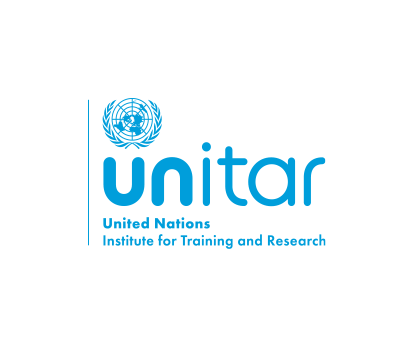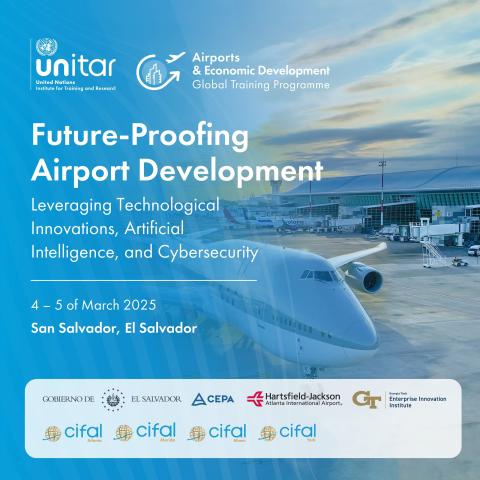12 来自总数为 303 的账单
Open-registration event
E-learning
关闭新注册
Open-registration event
Face-to-Face
关闭新注册
-
Open-registration event
Face-to-Face
关闭新注册
Open-registration event
Face-to-Face
关闭新注册
-
Invitation-only event
E-learning
关闭新注册
Open-registration event
E-learning
关闭新注册
Open-registration event
Face-to-Face
关闭新注册
Open-registration event
Face-to-Face
关闭新注册
Invitation-only event
Face-to-Face
关闭新注册
-
Open-registration event
Face-to-Face
关闭新注册



